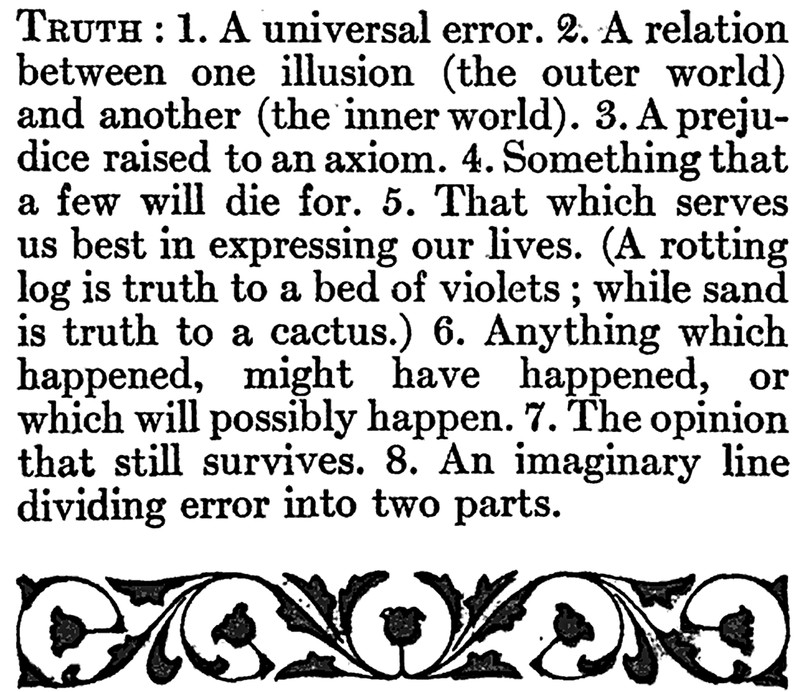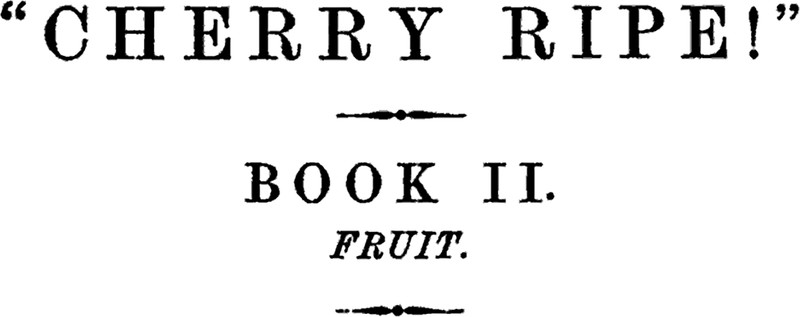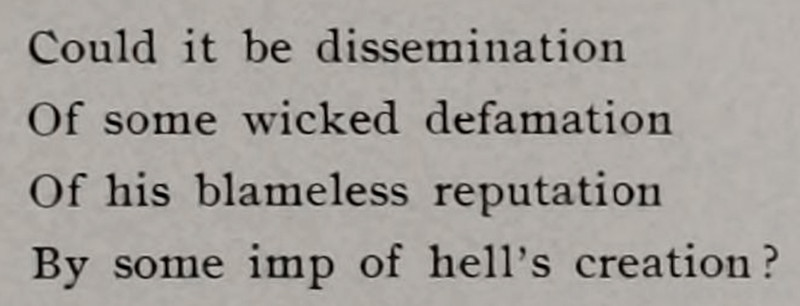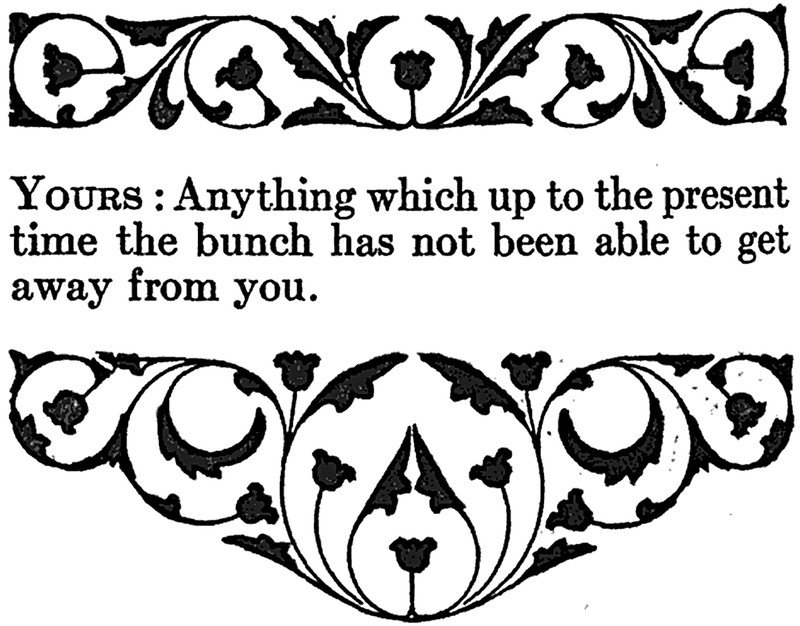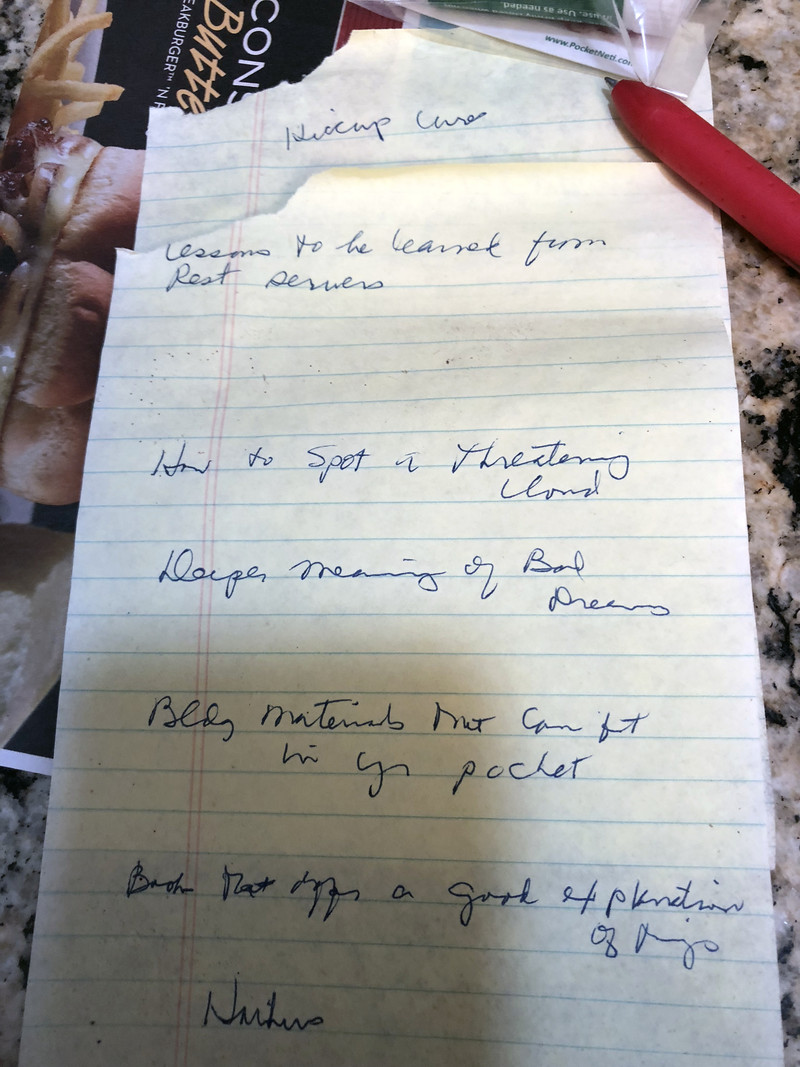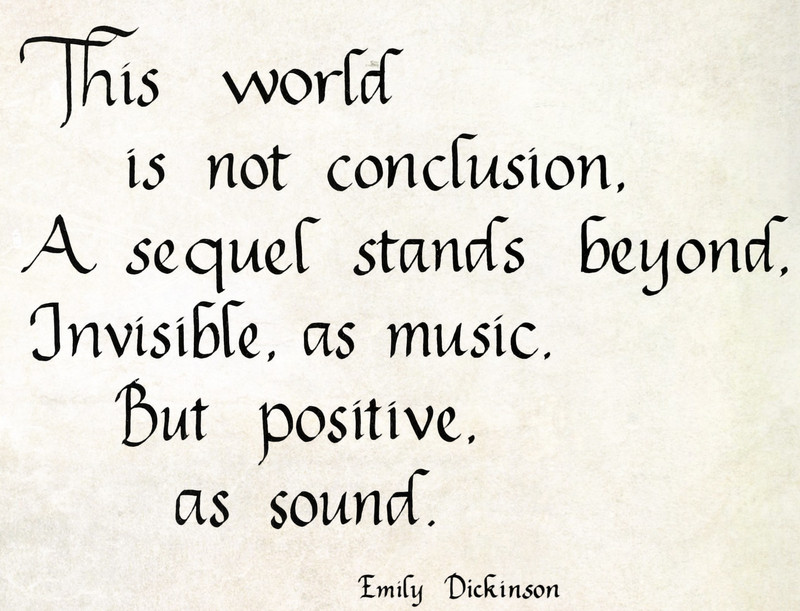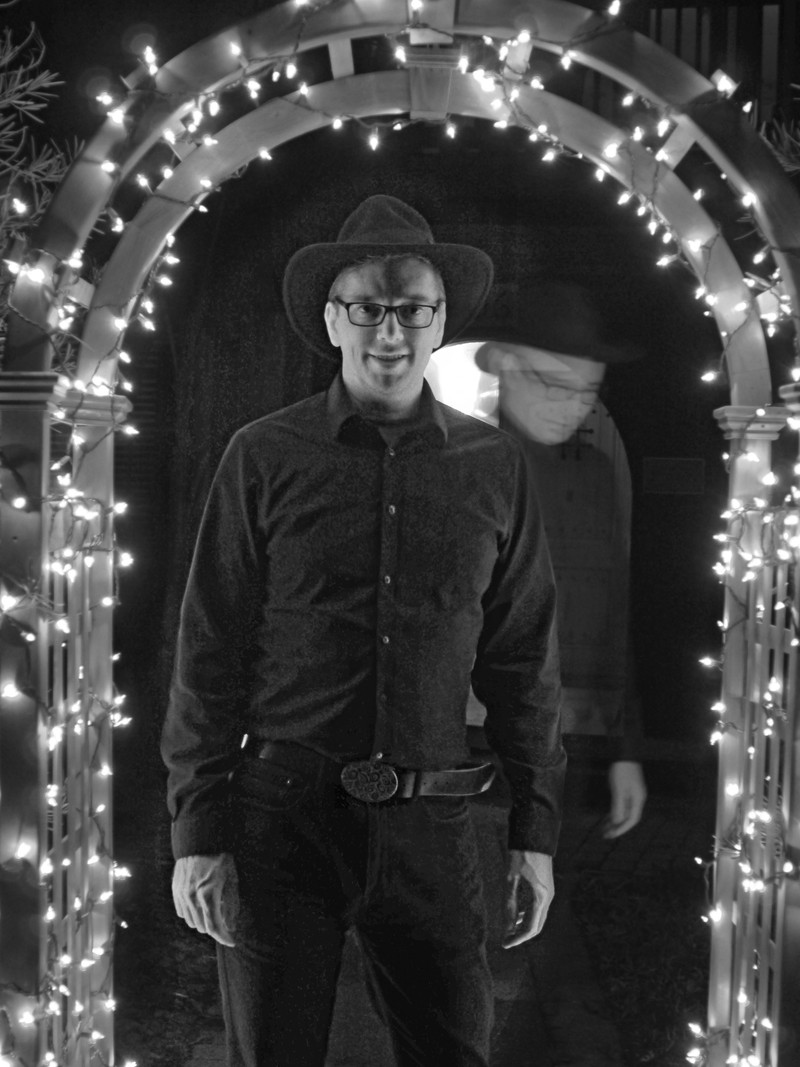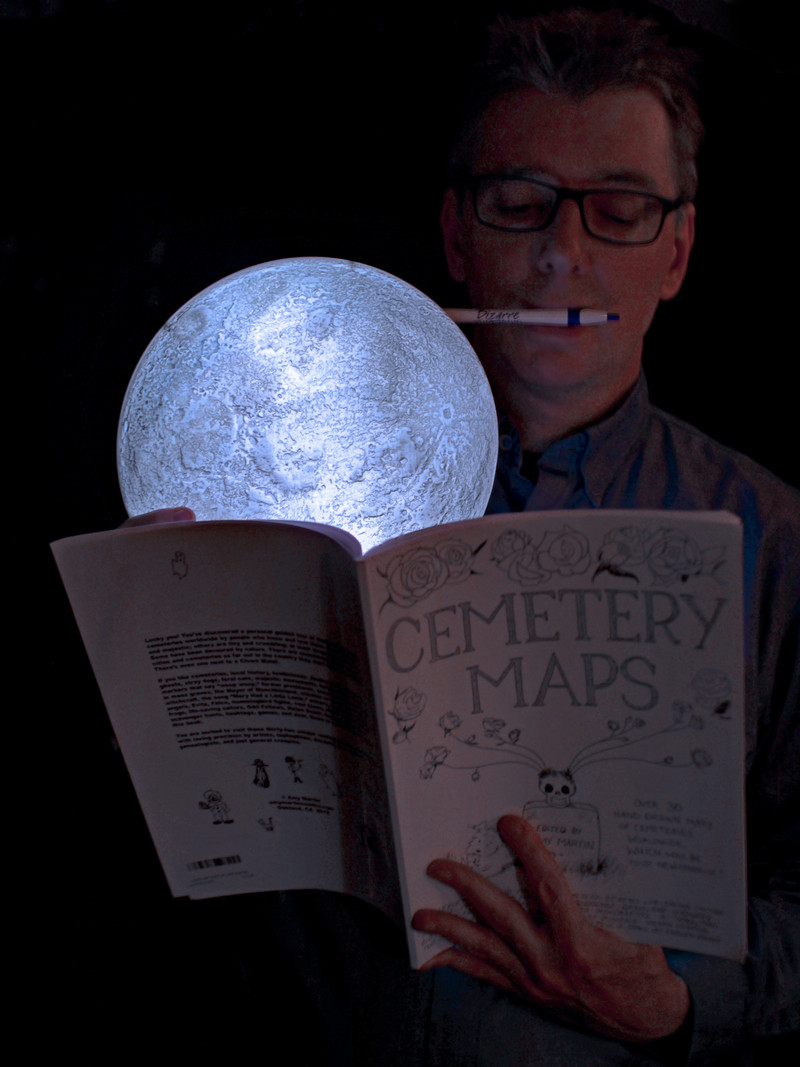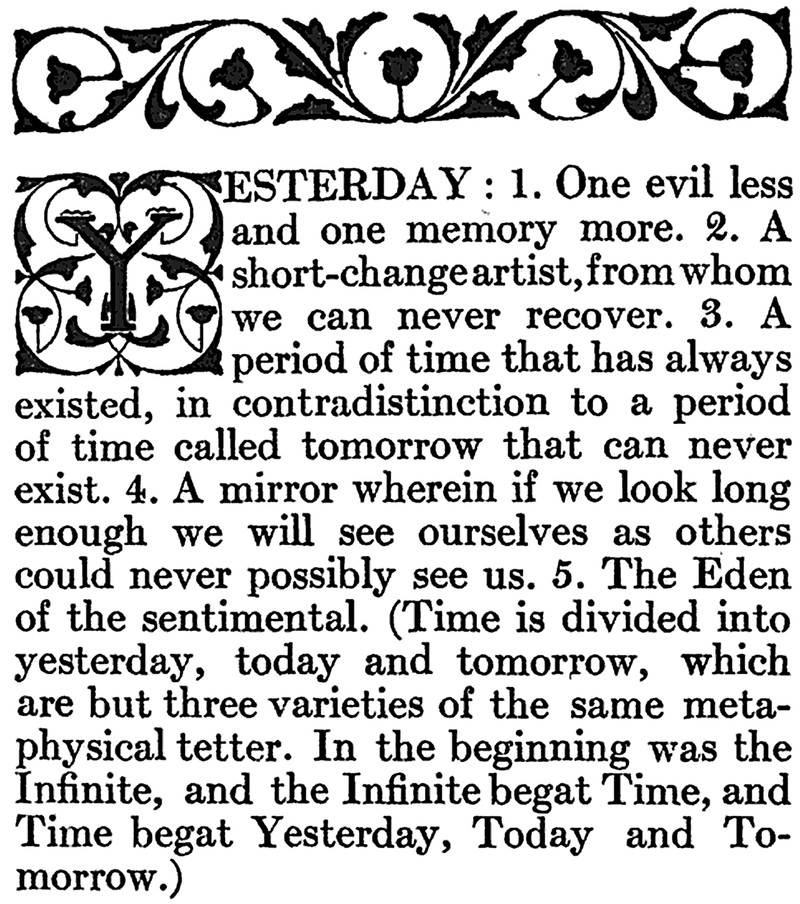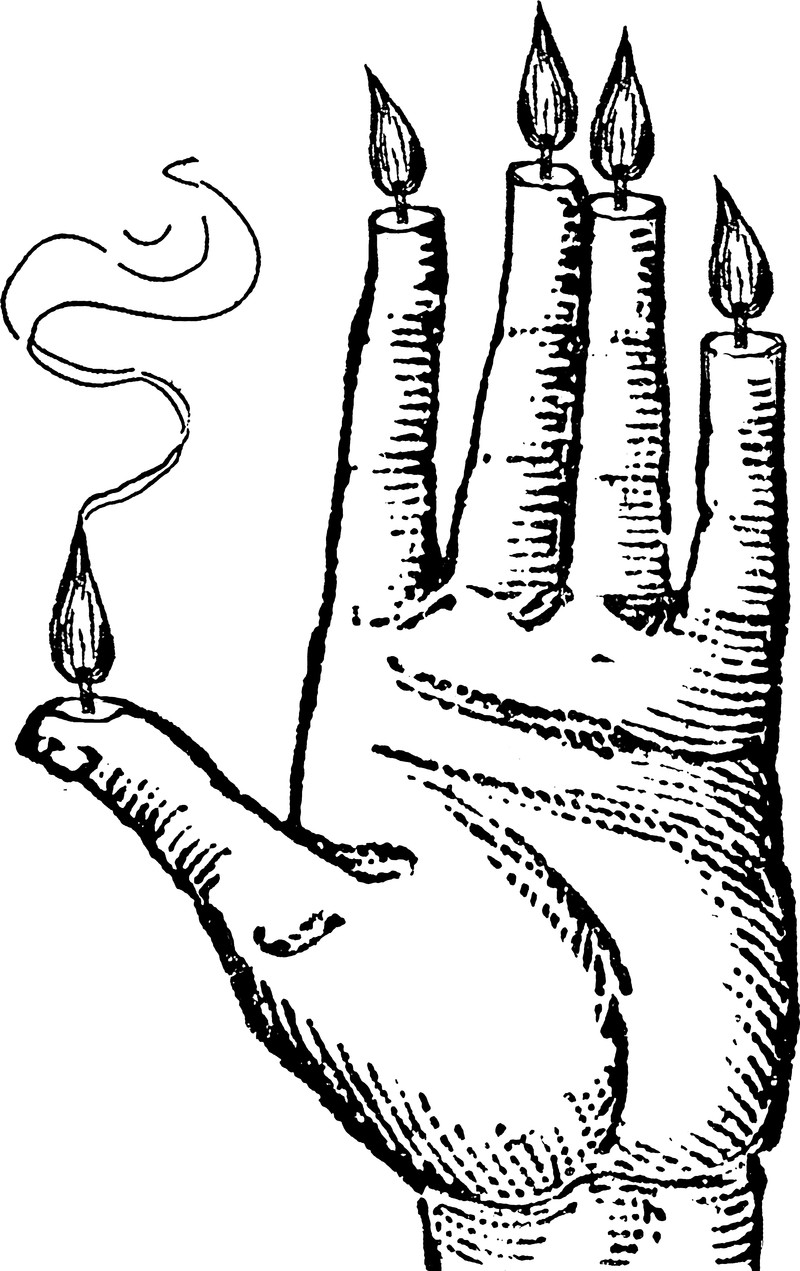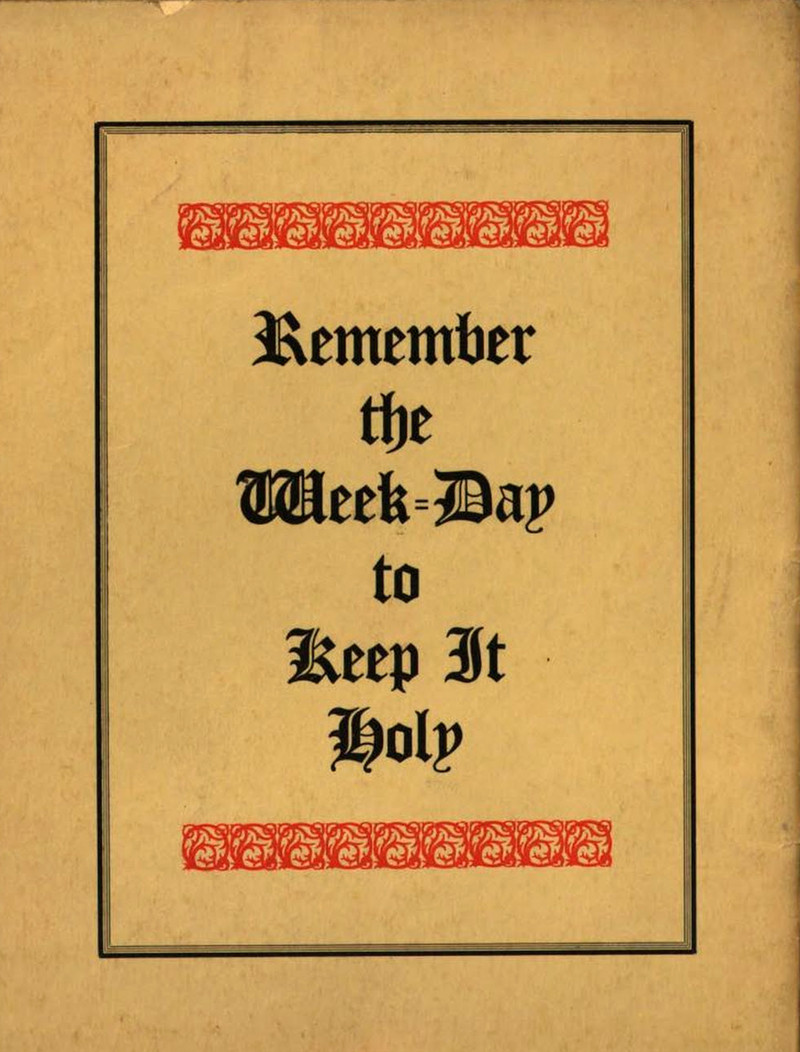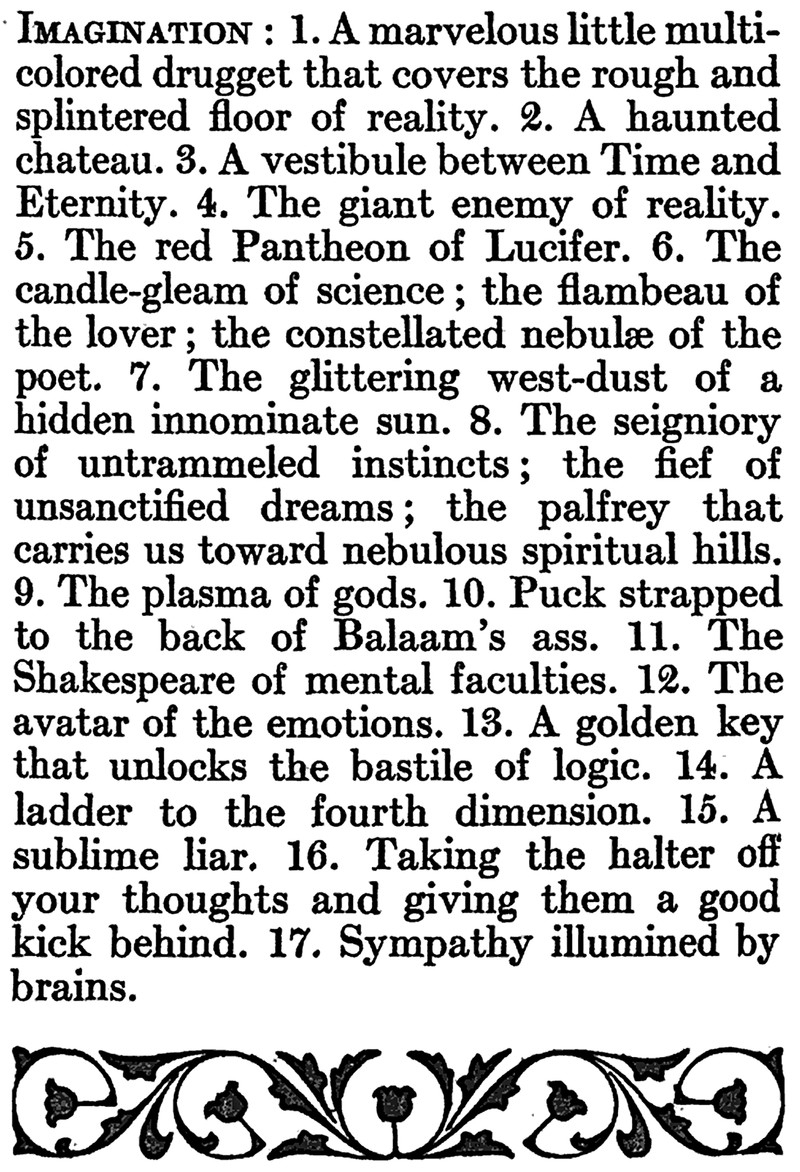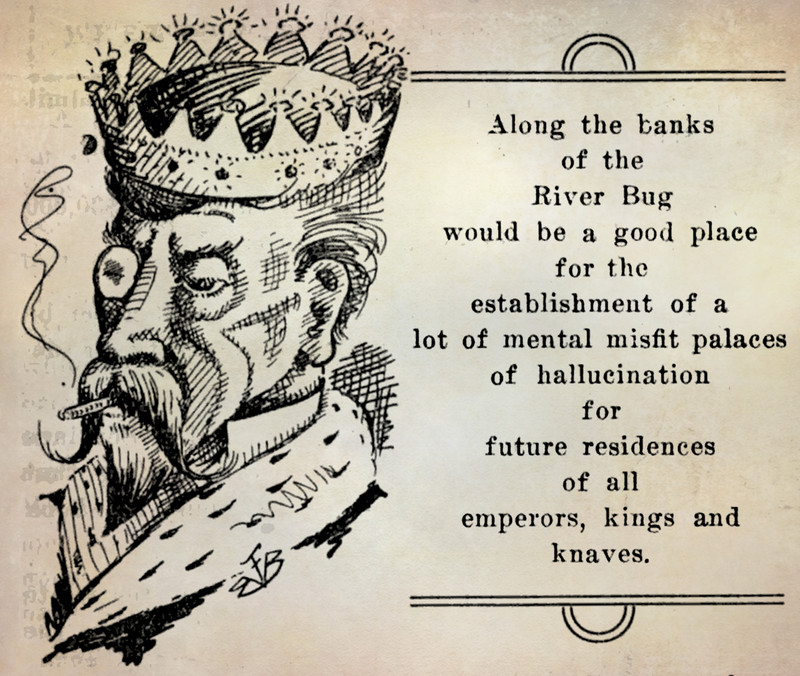I Found a Penny Today, So Here’s a Thought
|












 |
Alive to those suggestions of a mysterious sphere of being that come to the man who of a night has watched the pearly grey of the weather-gleam. From The Feeling for Nature in Scottish Poetry, Vol. 2, 1887.
|


 |
|
|
 |
 |
 |
From our guide to the palmistry of the "Don't Walk" hand at intersections: Crossroads Chiromancy: The Secrets of the Glowing Red Hands:
An illuminated hand to render people motionless? The “Hand of Glory” is the precursor to the “Don’t Walk” signal at traffic intersections. This occult horror of seventeenth century Europe required the dried and pickled hand of a hanged man, prepared with fat from the malefactor’s corpse. Such a baneful candelabrum, when lighted, rendered motionless any person who saw it. In some grotesque recipes, the hair of the dead man is used as a wick.
hand of gloryCrucially, laying the Hand of Glory at a crossroads is part of its preparation. An illuminated hand at an intersection, stopping people dead in their tracks. No wonder this treatise on crossroads chiromancy is necessary. The old ways never actually faded—they merely hid behind new masks. The higher the technology, the deeper the necromancy.
|



 |
|
|
 |
 |
 |
Endangered Entertainment Is Going to Be Unpredictable
by Craig Conley
Kirk Marsh, the unpainted clown in the Venardos Circus, says that in comedic performances, the lack of a fourth wall enables direct audience engagement. What Marsh hints at but doesn't reveal outright is that a circus (root meaning "ring") does away with the other three walls as well. As in the ancient puzzle of geometry, one cannot square a circle. Without walls, traditional definitions of entertainment become hazy. Preconceived boundaries become dotted, like a string of lanterns. In light of such nebulous freedom, an audience is plunged into a rather profound sense of wonderment, but so are the performers, night after night. In fact, a cloud of doubt looms over a circus tent, no matter where it is pegged. "If you're striving to be excellent," ringmaster and producer Kevin Vendaros notes, "you never get to that place where it's all locked and ready to go. There's a vulnerability. The cast opens its hearts to the audience." Just as the audience can't guess what will happen next, the performers are viscerally kept on their toes, moment to moment. Unlike Hollywood or Vegas-style entertainment, in which illusion is par for the course, and unlike Broadway shows, which are necessarily rote, a traveling circus is about reality and unpredictability — not the reality of everyday life, granted, but not trickery, either. The stunts and demonstrations are real and dangerous, celebrations of skill and not deception.
Traditionally associated in the public mind with exotic animals, today traveling circuses mostly feature human performers. Ironically, it is the circuses themselves — analog entertainment in a digital age — that are now endangered. Minister of Parliament Peter Luff summarized the situation this way: "When the world is so troubled with natural disasters, international terrorism, threats of flu pandemics, the impact of climate change and with scandalous poverty, malnutrition and disease, the circus may seem a rather trivial matter. … But I believe performing arts have a vital contribution to make to the welfare of our nation and that circus is perhaps the most overlooked, undervalued and misunderstood performing art of them all. Today's touring circus is not just misunderstood — its very existence is under threat." Luff went on to note that circuses visit some of a nation's smallest communities, and "For many thousands of young people, a touring circus is their very first introduction to live performing art. The circus is a profoundly democratic art form, and its very nature is multicultural. The innocent pleasure circuses bring, though, as highly talented professionals even risk their lives on a twice daily basis, is threatened."
Undaunted by the iffy prospects, Venardos created his circus in 2014, having previously been the youngest ringmaster for Ringling Bros. Barnum and Bailey Circus (at 22 years old), with additional experience at Big Apple Circus and Circus Vargas. He set off on his own, desiring to be in control of his career and aspirations. But does Venardos' enterprise perpetuate the age-old dream of running away to join the circus? "I am absolutely counting on it!" he says.
|



Page 124 of 171

> Older Entries...

Original Content Copyright © 2025 by Craig Conley. All rights reserved.
|






